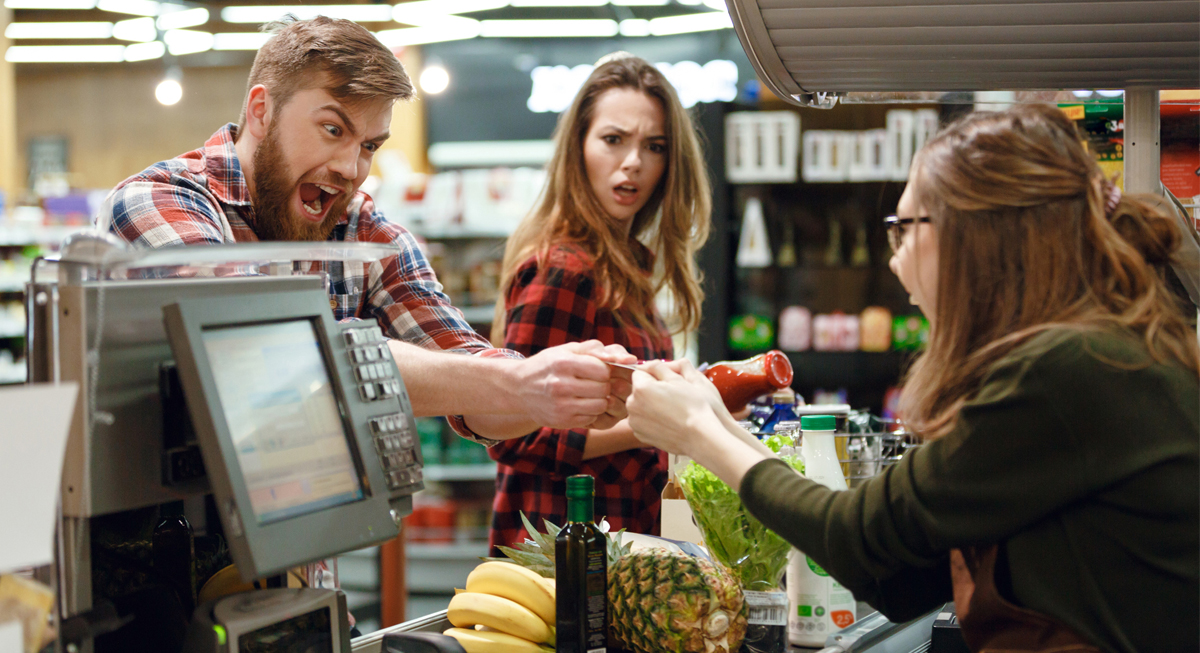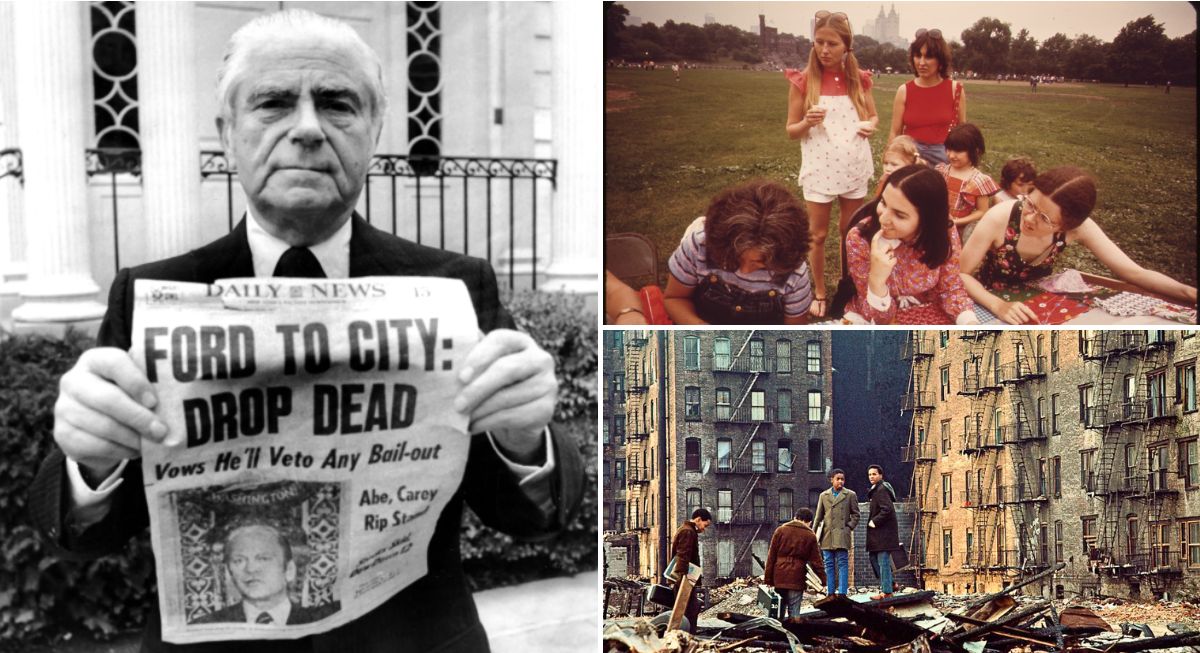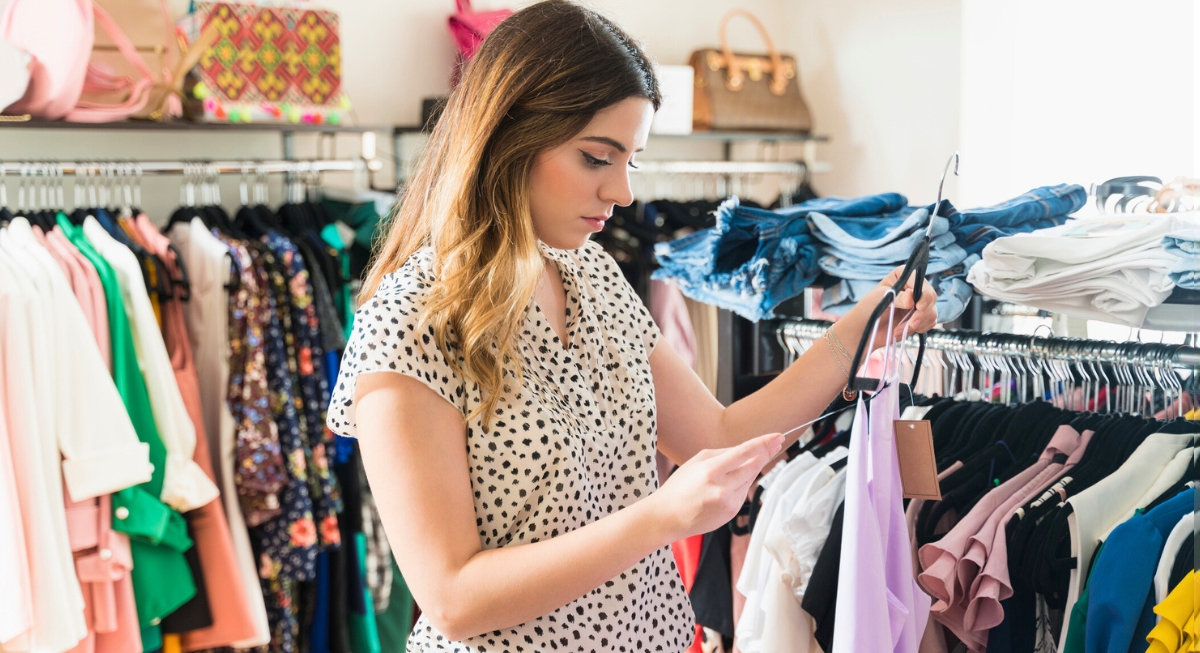Grocery shopping is one of those everyday tasks that can be both a chore and a chance to unwind, depending on your mood. But let's face it, when everyone does their part to keep things smooth and stress-free, it’s a win-win for all. That said, it’s easy to overlook certain habits that might come off as rude or inconsiderate. To make your next trip more pleasant, here are 15 behaviors to steer clear of.
Handing Items Directly to the Cashier
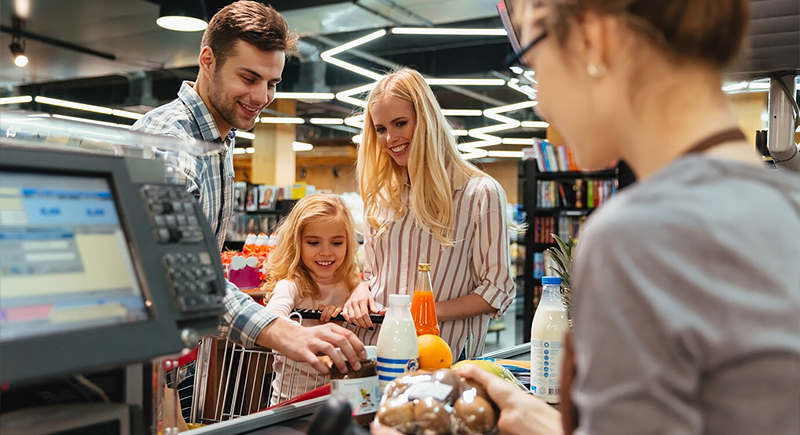
Credit: freepik
It might feel polite to hand your items one by one to the cashier, but in reality, that slows things down. The conveyor belt is there to keep the process moving at the cashier’s pace. If you want to be helpful, group similar items together—like cold items or heavy items—so the bagger can handle them efficiently. The cashier has their method, and unless they ask for help, it's best to step back and let them handle it. Your good intentions don’t go unnoticed, but keep in mind that a steady workflow is what keeps lines moving.
Asking the Wrong People for Help
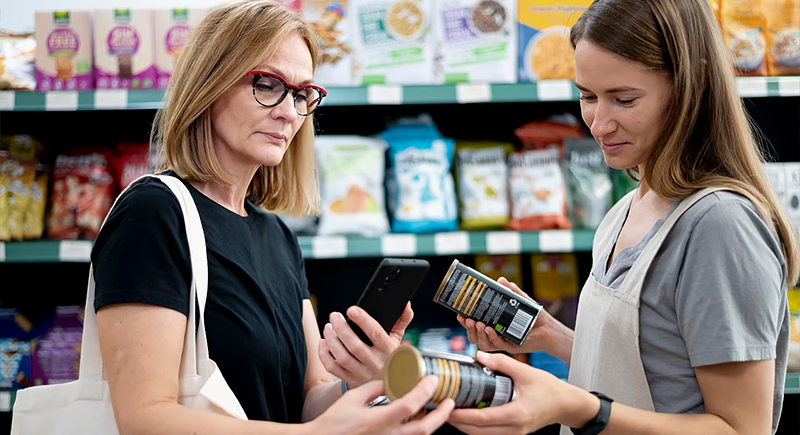
Credit: freepik
It’s easy to assume that anyone who looks busy or has a badge is an employee, but that’s not always the case. Many products are stocked by brand representatives, not the store staff. If you need assistance, look for an official store uniform or name tag. And if an employee doesn’t have the item you’re after, it’s not their fault. Keep your cool; after all, if not finding your favorite brand of chips is the worst part of your day, you’re doing pretty well.
Helping the Cashier Identify Items
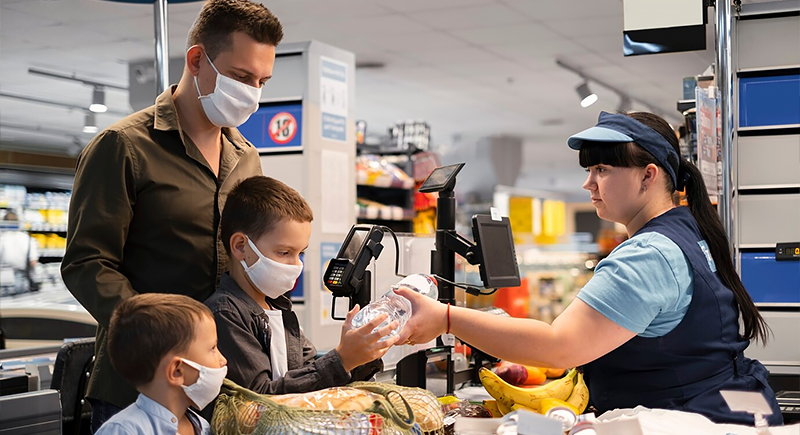
Credit: freepik
It may seem helpful to shout out, “It’s zucchini noodles!” as the cashier searches for a code, but it can be a bit undermining. It’s their job to identify items, and stepping in can make them feel unskilled. If your cashier needs help, they’ll ask. Otherwise, let them do their thing and keep your input to a minimum. It’s a small way to show respect for their expertise.
Ignoring Employees’ Presence
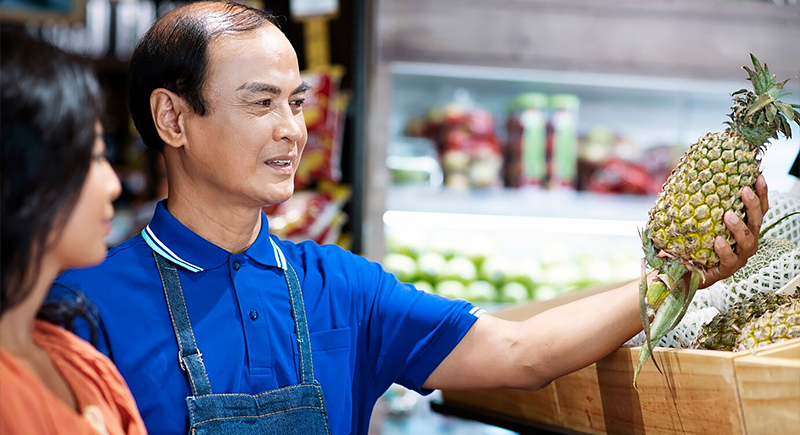
Credit: freepik
We all know how frustrating it can be to navigate through crowded aisles, but when an employee is stocking shelves and you’re trying to reach something, don’t sneak by without acknowledgement. Simply make eye contact, ask politely if you can pass, and thank them. It’s a small gesture that shows respect and doesn’t make them feel invisible, which is key in creating a positive atmosphere.
Making Comments About Other People’s Carts

Credit: freepik
Everyone deserves a little privacy, even at the grocery store. While some might be tempted to strike up a conversation about what others are buying, it’s best to keep your thoughts to yourself. If you’re thinking about chatting up employees about products or your experience, head to the customer service desk. They’re equipped to take your feedback, and you can keep it constructive and to the point.
Leaving Your Empty Cart Anywhere
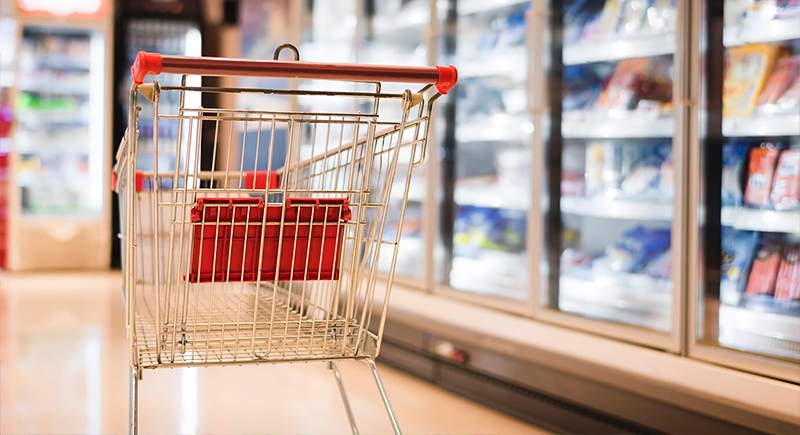
Credit: freepik
It’s simple: once you’ve grabbed a cart, it’s your responsibility until you’ve returned it to a designated cart area. Leaving it loose in the store or parking lot is not only inconsiderate but dangerous. A wayward cart can damage cars or pose a hazard to pedestrians. A few extra steps to return it are worth it for everyone’s safety and convenience.
Snacking While Shopping

Credit: iStockphoto
Shopping on an empty stomach can lead to impulse buys, but it doesn’t mean you should start snacking on items before you’ve paid. Until your items have been rung up, they’re not yours. It’s not only a hygiene issue but also a hassle for staff who’d have to deal with leftover crumbs or sticky handles. If you know you’re prone to snack attacks, grab a quick bite before heading to the store.
Letting Your Kids Run Wild

Credit: iStockphoto
Kids are naturally curious, and it’s important for them to learn and explore. But when you’re at a store, it’s not their playground. Keep a close eye on them—narrow aisles, breakable items, and busy crowds can be dangerous. If they’re starting to cause trouble, don’t hesitate to leave the cart at the front and take them for a walk. No one wants a shopping trip to end in chaos.
Running Back to Grab Forgotten Items
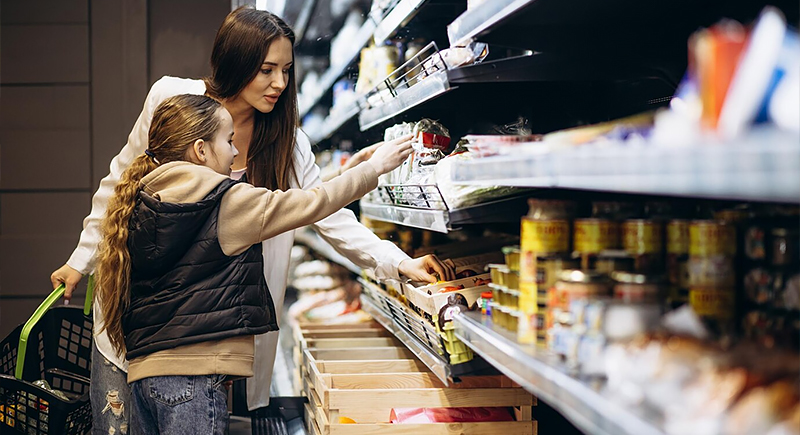
Credit: freepik
The rush of the checkout line can make it easy to forget one or two things. But running back to grab that missing item can hold up the entire line, leaving everyone else annoyed. If you’ve realized you forgot something and the store isn’t crowded, ask the cashier if you can make a quick dash. Otherwise, pay up, drop your groceries in the car, and head back in.
Talking Loudly on the Phone
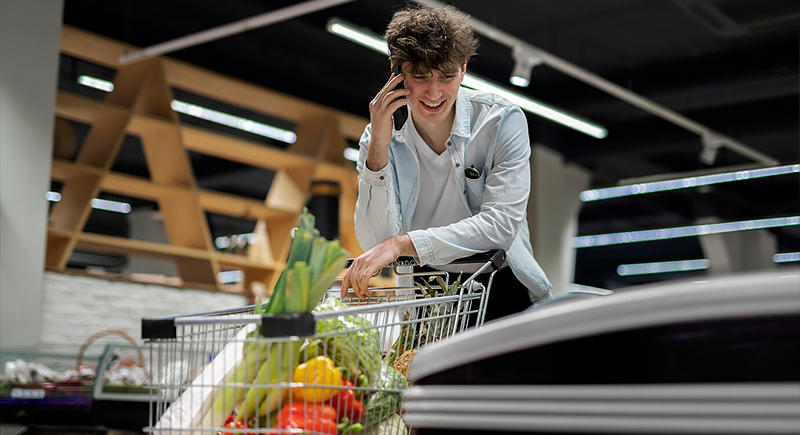
Credit: freepik
We all rely on our phones, but keep your conversation at a volume that’s comfortable for those around you. No one needs to hear about your lunch plans or the details of your day while they’re trying to shop. And for the love of everyone, skip the speakerphone. Use your indoor voice and remember, you’re not in your living room.
Sampling from the Salad Bar
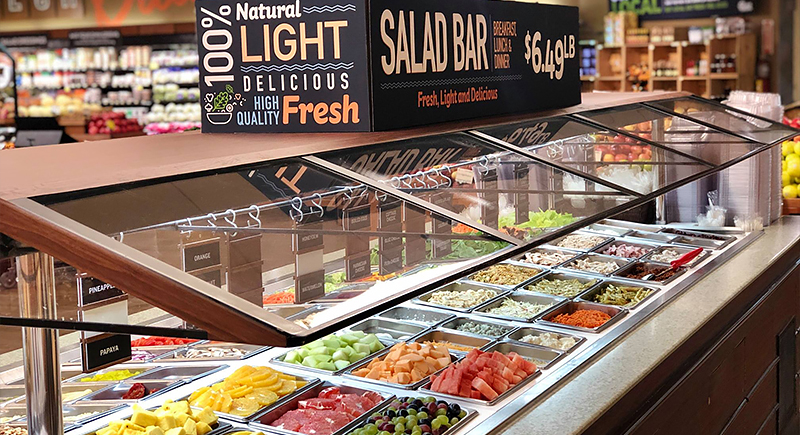
Credit: Facebook
Salad bars and hot food stations are convenient, but remember they’re not free sampling spots. Eating before paying is not only unsanitary but also considered stealing. A quick taste here and there can add up, especially if everyone did it. Wait until you’ve paid before enjoying anything from these stations.
Blocking the Aisle with Your Cart
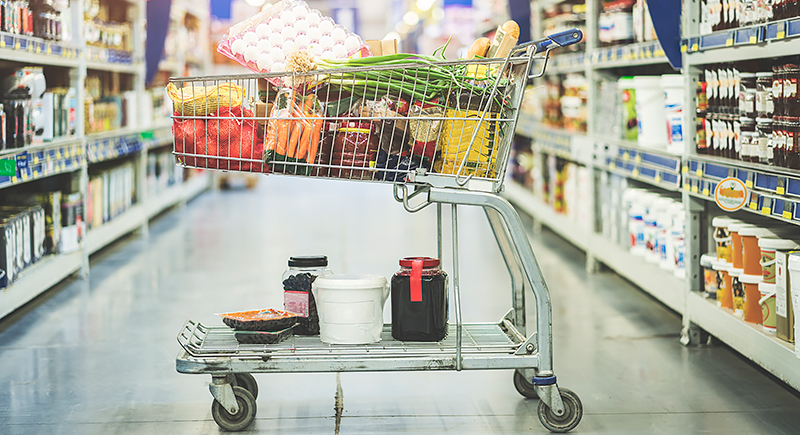
Credit: iStockphoto
We’ve all seen it—someone parked in the middle of the aisle, engrossed in their shopping and oblivious to the line forming behind them. Keep your cart to the side of the aisle and be mindful of others. It’s easy to get caught up in your own shopping, but it only takes a moment to step aside and let others pass.
Relocating Items
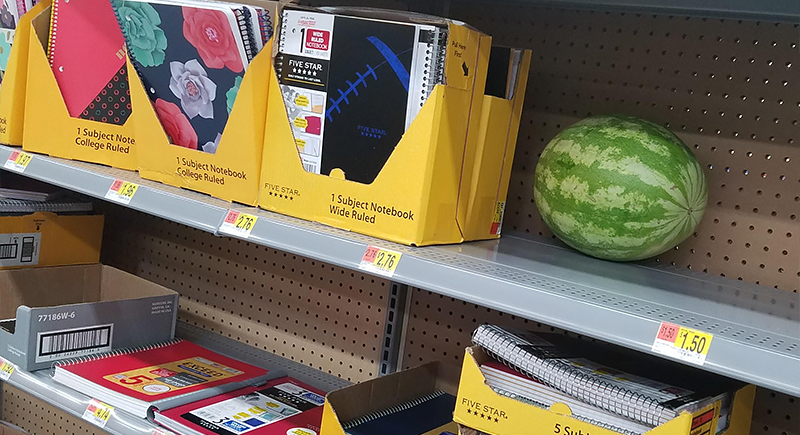
Credit: Reddit
We’ve all been there—deciding we don’t want that pack of bananas and leaving them on the cereal shelf. It’s tempting, but it’s inconsiderate. Placing items where they don’t belong can cause confusion and waste for both employees and shoppers. If you’ve changed your mind, just take it to the customer service desk or back to its proper spot.
Using the Self-Checkout Without Familiarity
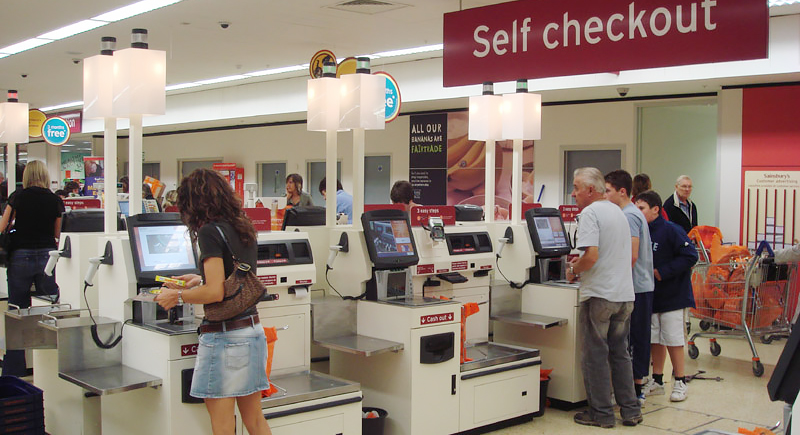
Credit: flickr
Self-checkout is convenient, but only if you know how to use it. If you’re unfamiliar with the system and need help, ask an employee. Blocking a self-checkout line while you try to figure out how to scan items only holds up the queue and can frustrate other customers.
Not Bringing Your Own Bags
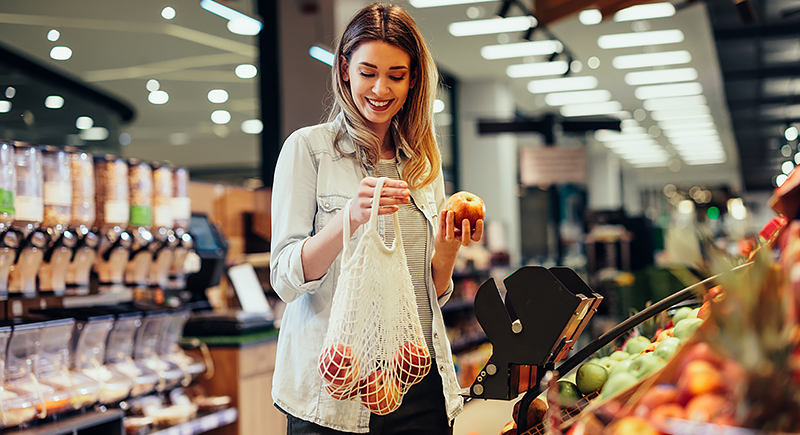
Credit: iStockphoto
Many stores charge for bags these days, so it’s a good idea to bring your own reusable ones. It’s better for the environment and helps reduce waste. If you forget your bags, be prepared to buy some or use the paper ones provided, but keep in mind they’re not a free resource.

